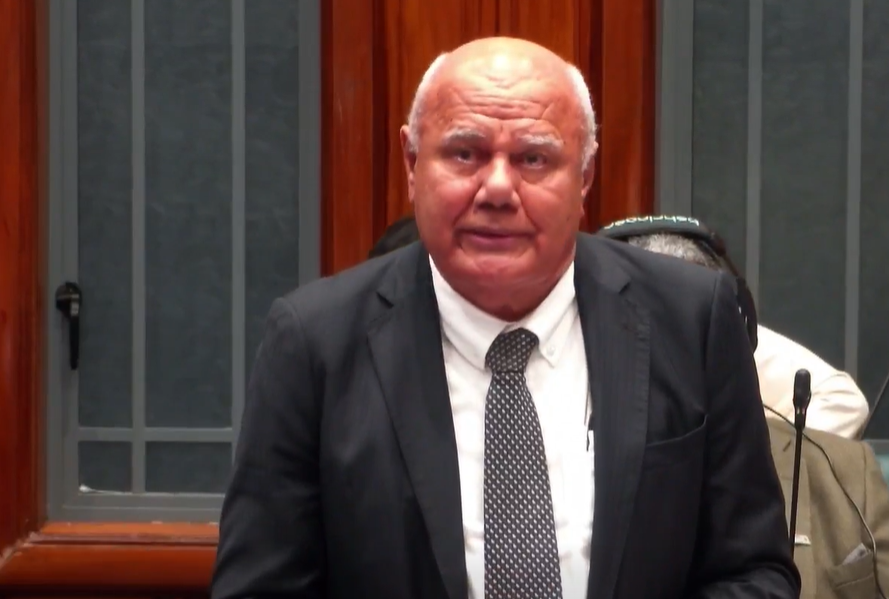Deputy Prime Minister and Minister for Civil Aviation Viliame Gavoka has revealed that Fiji recorded 41 bird strikes in 2024, the highest number in recent years, prompting renewed focus on aviation safety and wildlife management.
Speaking in Parliament today, Gavoka said the 41 incidents occurred at non-international airports, marking a steady rise from 24 cases in 2022 and 33 in 2023.
“Mr Speaker, the issue of bird strikes is a growing concern both globally and locally,” Gavoka said.
“In 2024, we recorded 41 bird strike incidents — 32 of which involved foreign bird species, and the rest involved local birds such as owls, mynas, and flying foxes.”
He explained that bird strikes occur when birds collide with aircraft, usually during take-off or landing, and can range from causing minor damage to catastrophic failures.
“These incidents range in severity — from minor aircraft damage to tragic accidents.”
“A notable example occurred in December 2024 when J2 Air Flight 52216 in South Korea suffered dual engine failure after a bird strike, resulting in 179 fatalities.”
The Deputy Prime Minister used the global example to underline the importance of vigilance and preparedness within Fiji’s own aviation system.
“This tragic event highlights the severe dangers posed by bird strikes worldwide,” he said.
Gavoka also commended the Fiji Airways pilots involved in a recent bird strike on Flight FJ450 departing Christchurch for Nadi on October 29, 2025, saying their quick response and professionalism prevented what could have been a serious incident.
“I wish to commend and extend my sincere gratitude to the pilots of Fiji Airways Flight FJ450,” he said. “Their professionalism, composure, and secure handling of the situation ensured the safety of all passengers and crew.”
The Minister said authorities are now taking proactive steps to reduce risks, including improved bird hazard management programs at domestic airports, habitat modification, and better coordination with environmental agencies.



